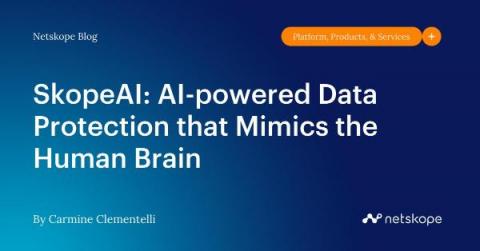Code Signing Abuse: How to Safeguard Your Certificates?
Code signing certificates are crucial in verifying a software application’s source and assuring users that the code has not been tampered with or maliciously modified. However, like any security measure, code signing is not immune to abuse. Hackers and cybercriminals are constantly finding new ways to exploit vulnerabilities in digital signing processes, making it imperative for developers and organizations to take proactive steps to safeguard their code signing certificates.













